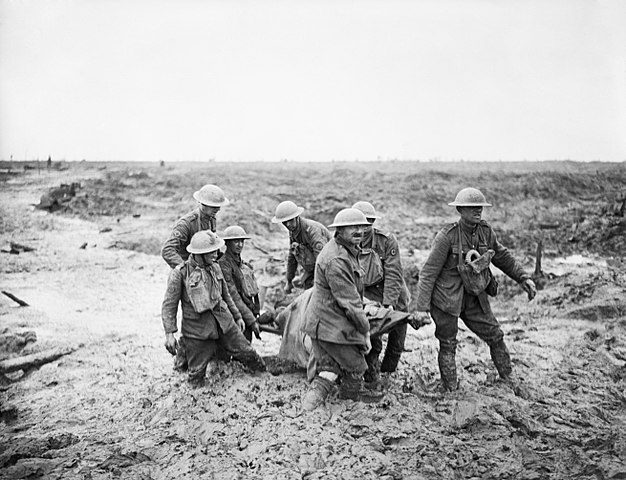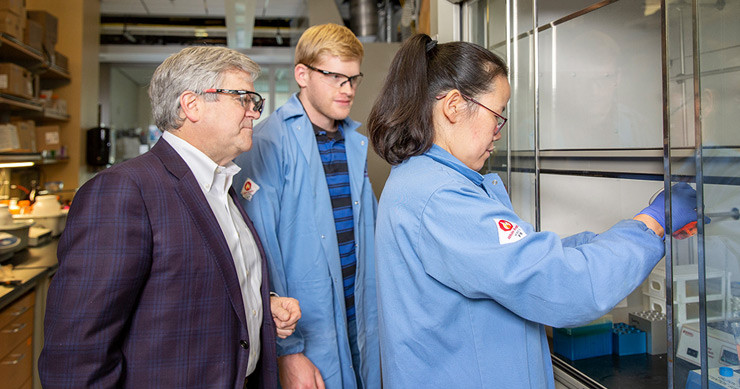I would still be interested in seeing that cite, specifically. You read it 23 years ago? I am not doubting your memory but I'd love to see that definition.Duties of a Doctor, GMC, I think the 2002 version? I read it through when I qualified in 2003.
It's important to realise that the terms 'assault' and 'poison', as used in this post, aren't in the same category and can't be mixed like that.It’s quite lengthy and explains that all drugs are poisons; all medication is potentially harmful if given inappropriately or to excess. When it is given appropriately with the patient’s full informed consent, it is a drug; when it is given without that consent for whatever reason by a doctor, it is a poison and the act of giving it is potentially legally interpretable as assault.
This is the case for any intervention or procedure; surgery (or even defibrillation) without consent is certainly assault and has to be appropriate and ethically and legally defensible (e.g. performed on an unconscious patient without their consent in order to save their life). Such is the established precedent for most such procedures that they would have a hard time suing you even if they survived but didn’t want to have. If they are awake and do not give their consent, even if it would save their life or is otherwise beneficial in your opinion, such as giving a blood transfusion to a Jehovah’s Witness without their consent, it is assault until proven otherwise (so you don’t do it).
Assault is a legal term; poison has, you say, a medical definition (and one I'd still like to see a cite of, because honestly, I'm skeptical).
With respect, though, your medical text doesn't define the English word 'poison' any more than the legal texts I used when I was at Uni did, or the Oxford dictionary does today -- "a substance that can cause harm or death if swallowed, absorbed, or breathed into the body, or as an idea or feeling that is extremely harmful. A substance like arsenic, cyanide, or strychnine is considered a poison because it is harmful in small quantities. Figuratively, "poison" can also refer to something with a corrupting or destructive influence, such as "the poison of racial hatred" or "jealousy poisoned our relationship". No mention of consent; the nature of a poison is contained within itself.





